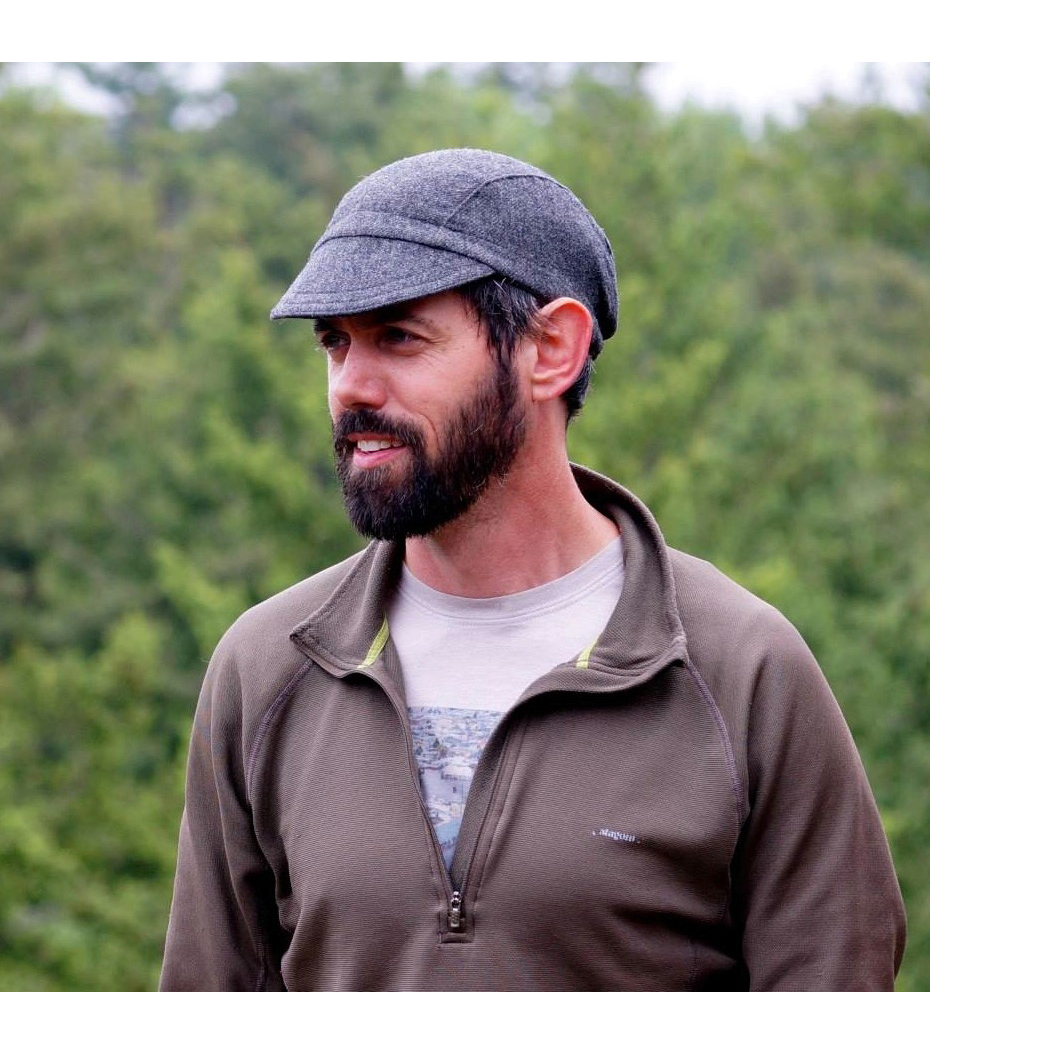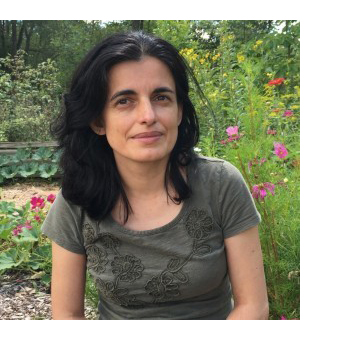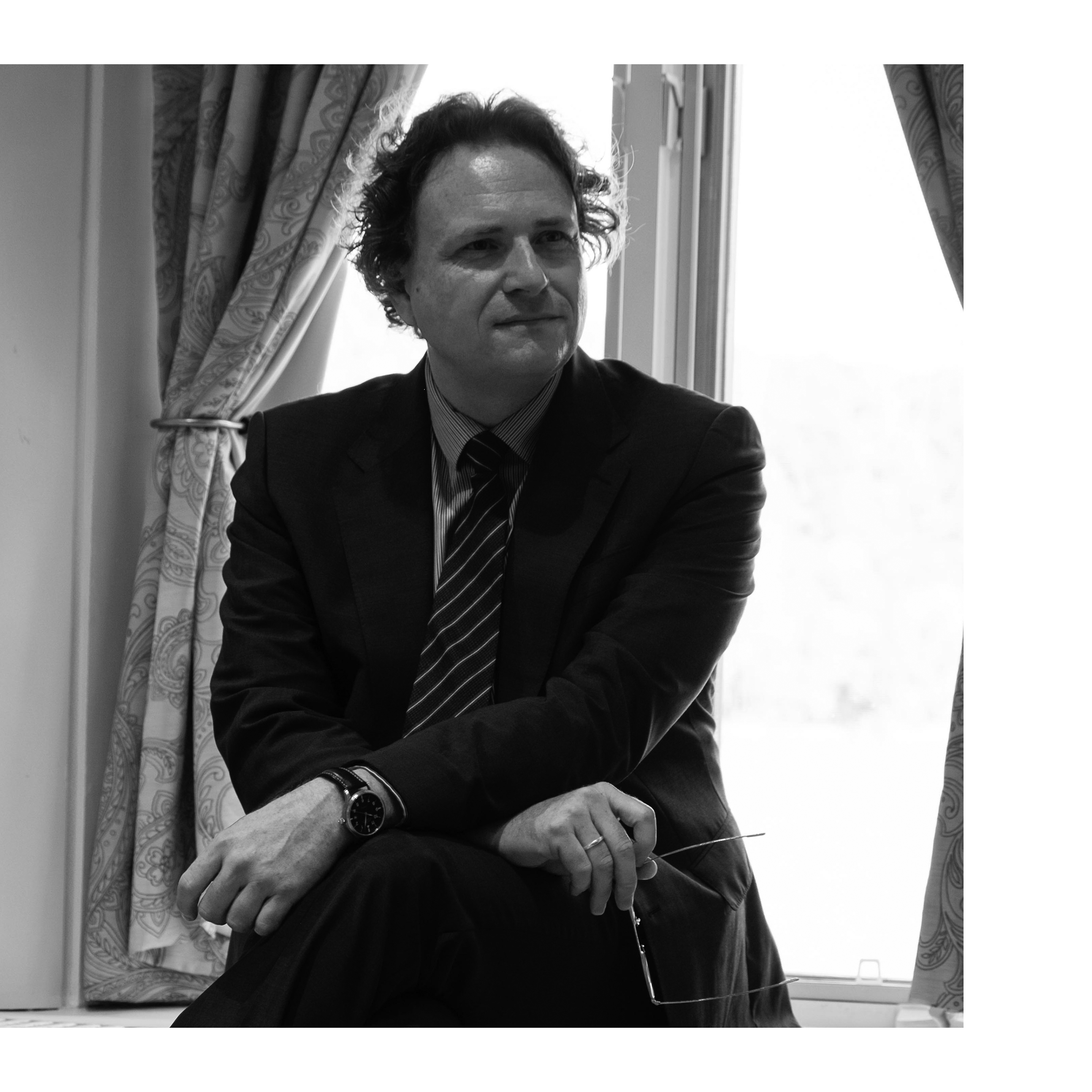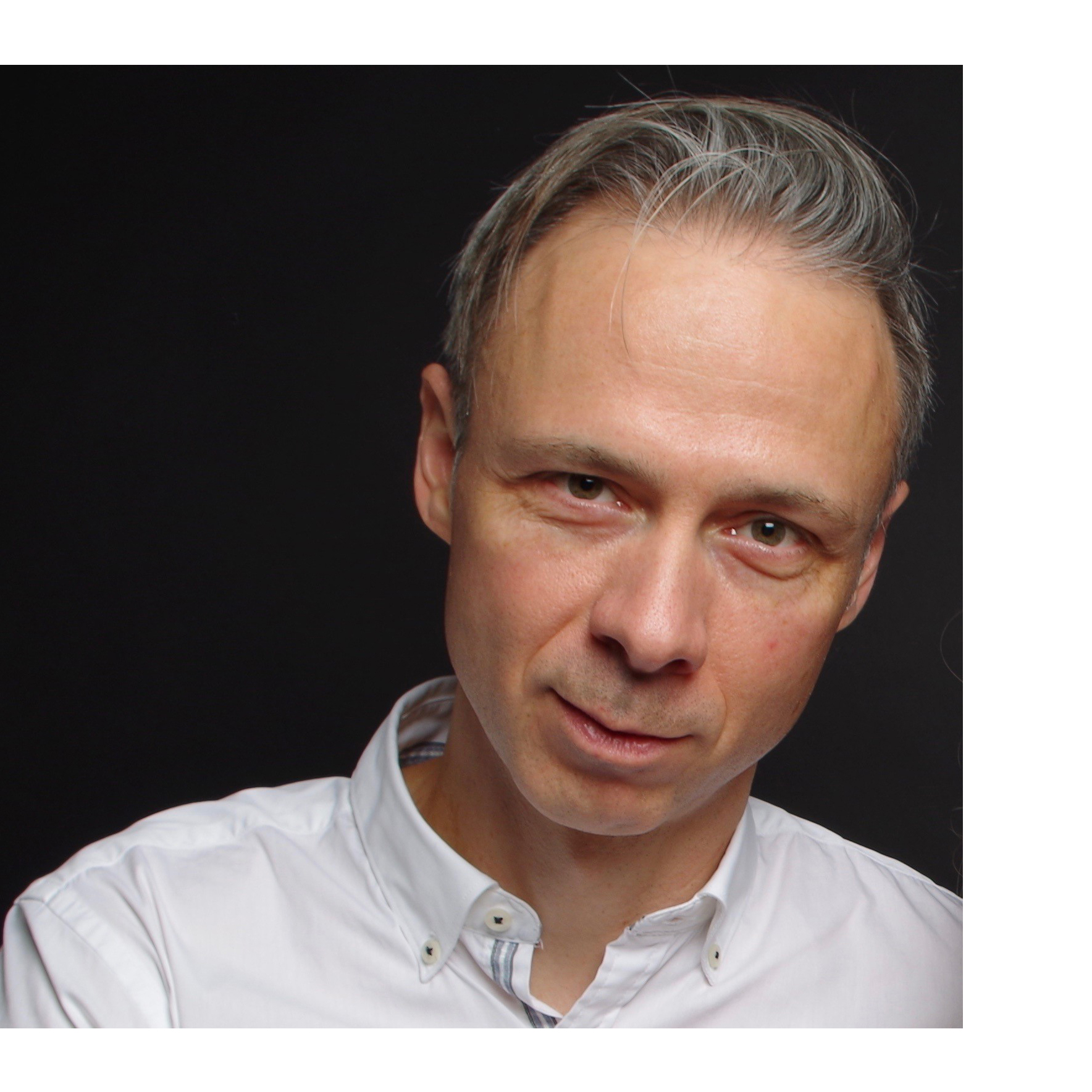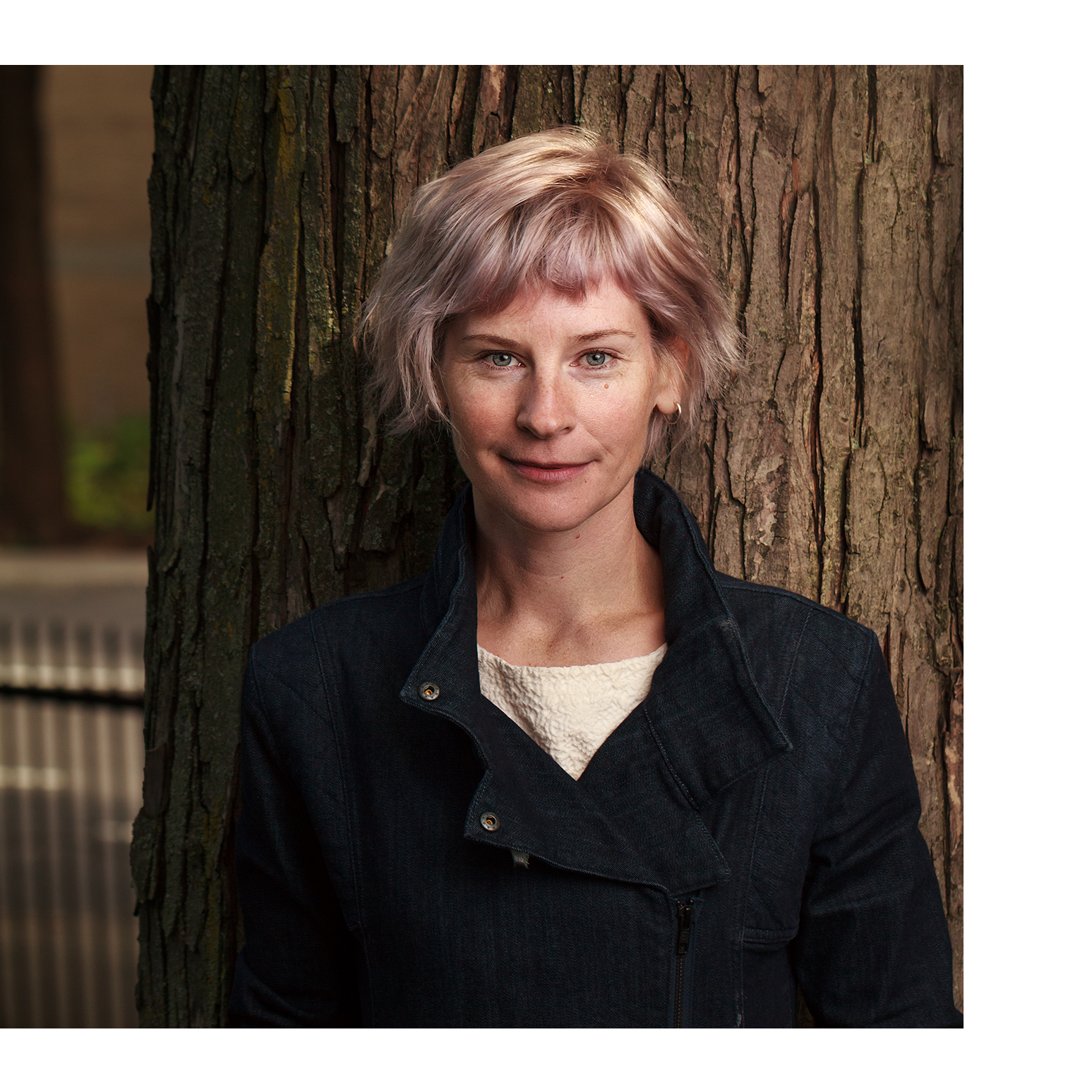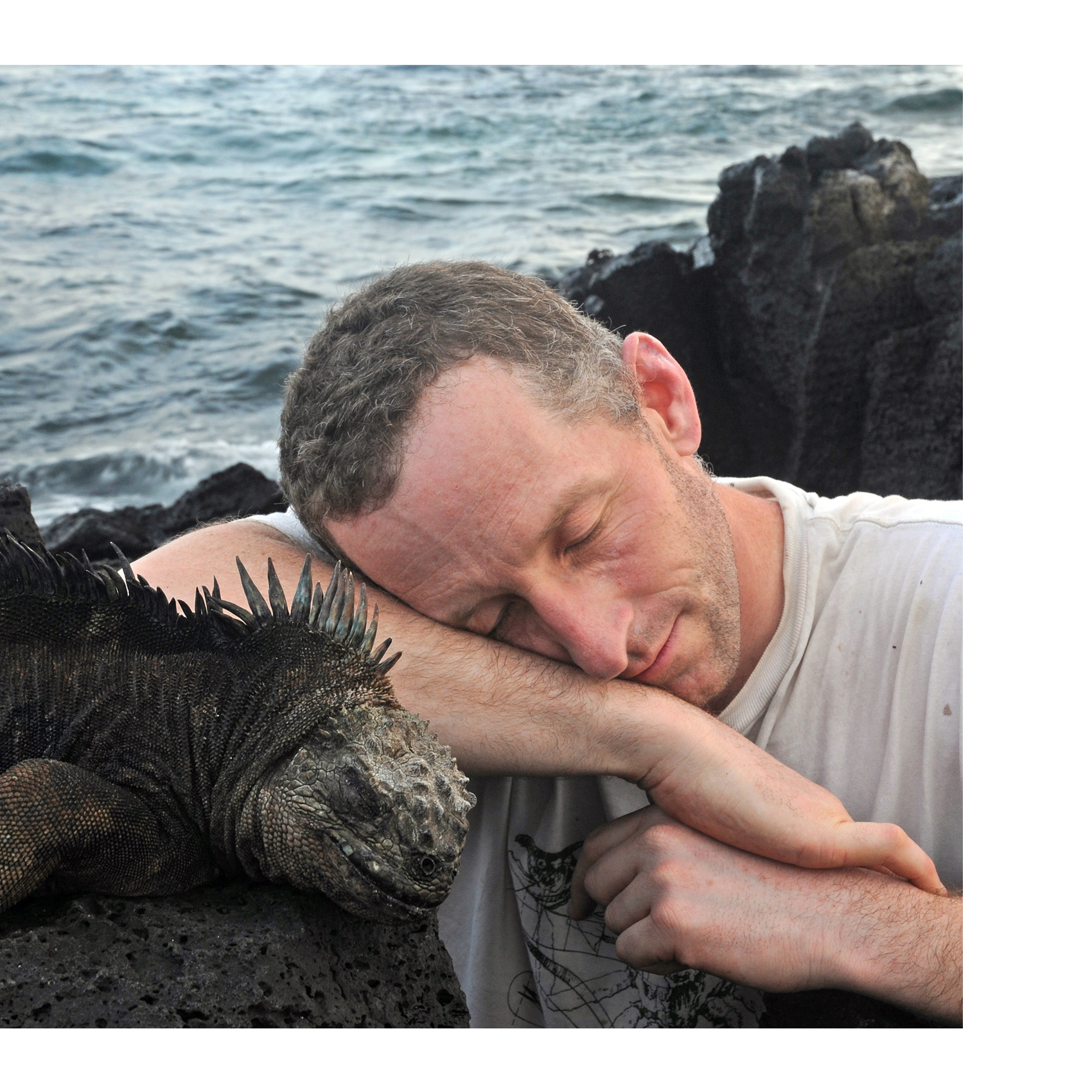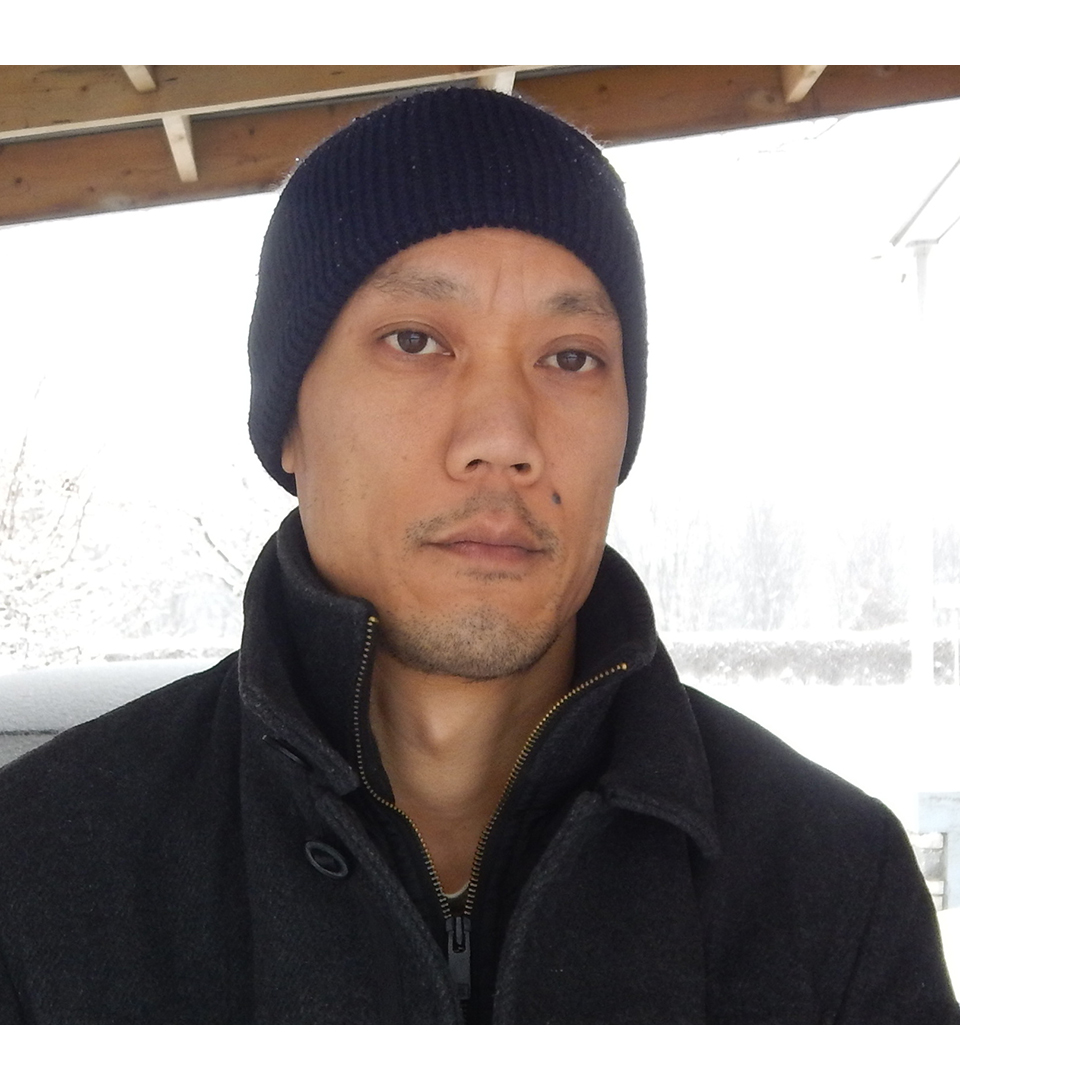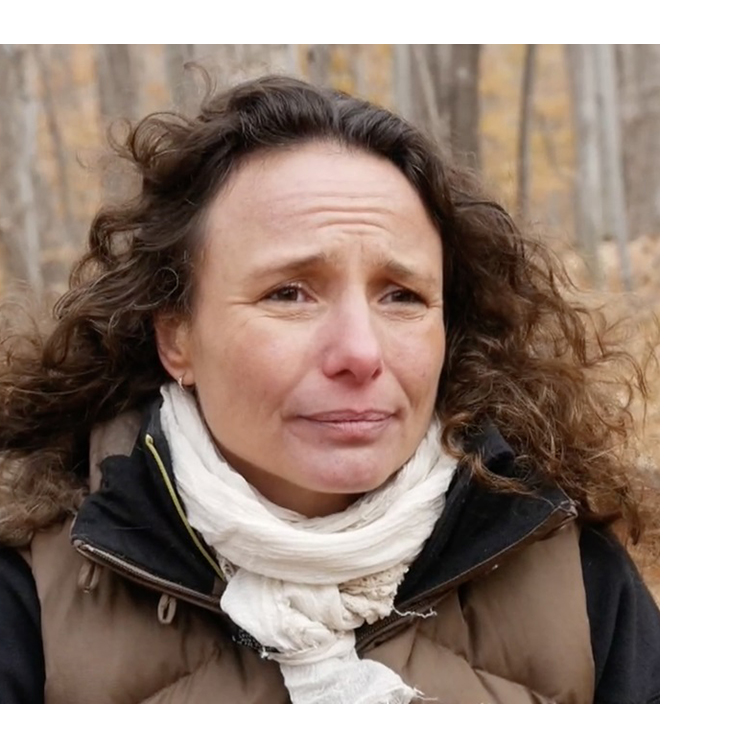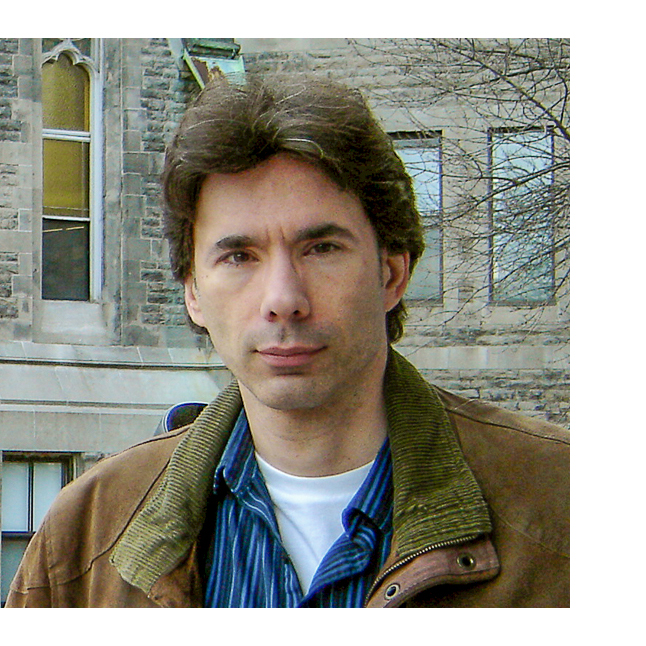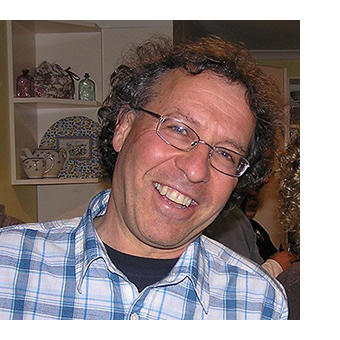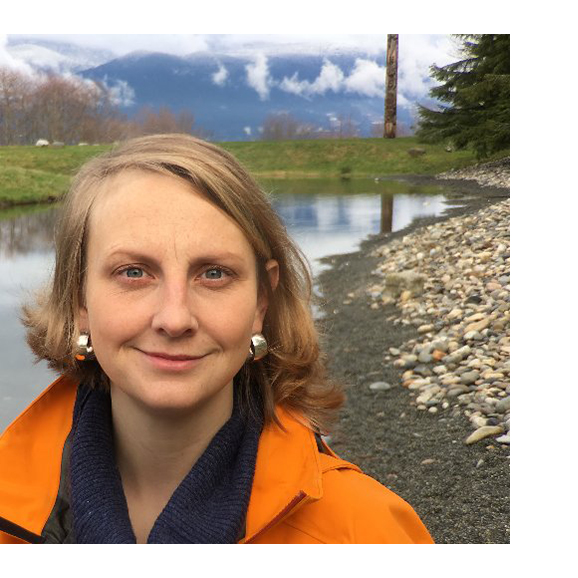We study how an incredibly diverse set of organisms from microorganisms to animals make their way in the world using observation, experiments, and theory. Our world-renowned research spans from microcosms to the entire globe. This breadth enables a more complete and integrated view of biological systems, which is reflected in our undergraduate courses, graduate courses and our research. We strive to cut across traditional research areas, build upon foundational science, and inform conservation and management.
Ehab Abouheif, Professor
Office: Stewart Biology, N3/6 | Email: ehab.abouheif [at] mcgill.ca
Evolutionary developmental biology: comparative and functional gene expression studies in ants and other insects are used to study the evolution of developmental regulatory genes and gene networks; the importance of ecological influences on development and evolution; and the relationship between molecular and morphological evolution.
Rowan Barrett, Professor
Office: Stewart Biology, W4/2 | Email: rowan.barrett [at] mcgill.ca
My work is motivated by a desire to understand the genetic basis of adaptation to changing environments. My research group uses empirical approaches in population genetics, evolutionary ecology, and molecular biology to ask questions about the reciprocal interactions between ecological and evolutionary processes in a variety of key study systems, including stickleback fish, deer mice, Anolis lizards, and microbes.
Melania Cristescu, Professor
Office: Stewart Biology, W4/1 | Email: melania.cristescu [at] mcgill.ca
My research addresses fundamental questions about the evolution and maintenance of biological diversity in aquatic systems with focus on: 1) the genetics of aquatic invasions and habitat transitions; 2) molecular methods for aquatic biomonitoring and environmental transcriptomics; 3) the nature and scale of recombination and mutation rate variation across genomes; and 4) speciation in ancient lakes.
Gregor Fussmann, Professor & Chair
Office: Stewart Biology, W4/19 | Email: gregor.fussmann [at] mcgill.ca
People in the Fussmann lab are interested in the ecology and evolution of populations and communities. To study eco-evolutionary dynamics we use aquatic model organisms and conduct controlled experiments in the laboratory and in the field. We believe that this approach, combined with mathematical modelling, will contribute to a better understanding of the dynamics of real ecosystems such as lakes and streams.
Andrew Gonzalez, Professor
Office: Stewart Biology, N3/2 | Email: andrew.gonzelez [at] mcgill.ca
We study the causes and consequences of biodiversity change: 1) global change impacts on biodiversity and ecosystems, 2) rapid evolution in changing environments, and 3) the application of network science to the conservation of biodiversity at regional scales. We test and develop theory with experiments in the field and lab, and use large databases to synthesize knowledge.
Irene Gregory-Eaves, Professor
Office: Stewart Biology, W7/21 | Email: irene.gregory-eaves [at] mcgill.ca
The lab’s long-term research goals are to advance our understanding of the structure and functioning of lakes and to quantify how these ecosystems have responded to the accelerated rate of change introduced by human activities since the Industrial Revolution. To achieve these goals, our group develops, scrutinizes and integrates data from different sources: lake surveys, time series and field experiments.
Frédéric Guichard, Professor
Office: Stewart Biology, N8/14 | Email: frederic.guichard [at] mcgill.ca
Theoretical ecology and complex system theories applied to coastal ecosystems and marine reserve design. We study the emergence of large scale properties of species assembly and ecosystem function from local interactions among individuals. We adopt a multidisciplinary approach involving mathematical and computational tools, field experiments and the analysis of large datasets.
Mélanie Guigueno, Assistant Professor
Office: Stewart Biology, N7/3 | Email: melanie.guigueno [at] mcgill.ca
We combine field and laboratory approaches to examine ecology’s influence on behaviour, cognition, and the brain with both proximate and ultimate approaches. We incorporate fine-scale brain measurements, such as neurogenesis. Much of our work is on spatial memory in the context of avian brood parasitism, migration, and foraging ecology.
Anna Hargreaves, Associate Professor
Office: Stewart Biology, N6/1 | Email: anna.hargreaves [at] mcgill.ca
Evolutionary ecology of species distributions and species interactions. We tackle topics of theoretical and conservation interest, including: local adaptation and dispersal evolution at range edges; how these affect range stability and responses to global change; geographic patterns in biotic interactions and biodiversity. Research emphasizes field experiments (usually with plants because they're the best), complemented by data synthesis and lab experiments.
Andrew Hendry, Professor
Office: W3/20 | Email: andrew.hendry [at] mcgill.ca
The evolution of biological diversity: adaptive radiation, ecological speciation, "rapid" evolution, natural selection, and gene flow. Empirical systems include salmon, sticklebacks, and guppies. Methods include surveys of biological diversity, field and laboratory experiments, molecular genetics, quantitative genetics, and theoretical modeling.
Lars L. Iversen, Assistant Professor
Office: Stewart Biology, W7/19 | Email: lars.iversen [at] mcgill.ca
The research in the Iversen lab borders between landscape geography and freshwater ecology. By combining remote sensing, fieldwork, and data synthesis, we study contemporary changes in landform types and freshwater biodiversity. We are particularly interested in how functional adaptations to life in water shape species distributions and how species adapt to global change in freshwater systems.
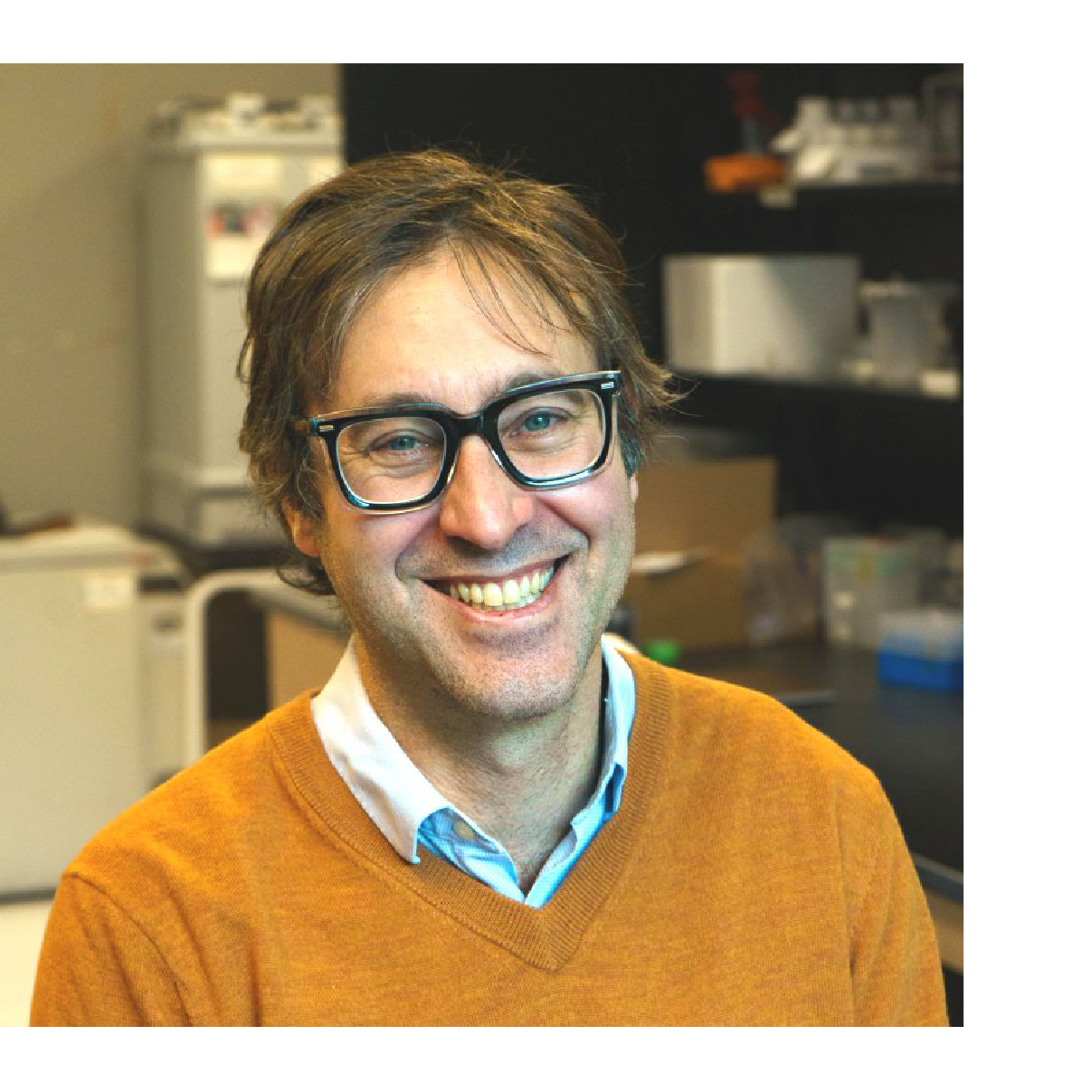 Rees Kassen, Professor
Rees Kassen, Professor
Office: Stewart Biology, W4/18 | Email: rees.kassen [at] mcgill.ca
Experimental evolution of adaptation and diversification using microbial populations. Areas of interest include genetics of adaptation, adaptive synonymous mutations, spatial structure, novelty, and ecological interactions. This foundational work is done through the lens of practical problems in human and environmental health through a focus on antimicrobial resistance, chronic infection, and built environment surveillance for pathogenic microbes and viruses.
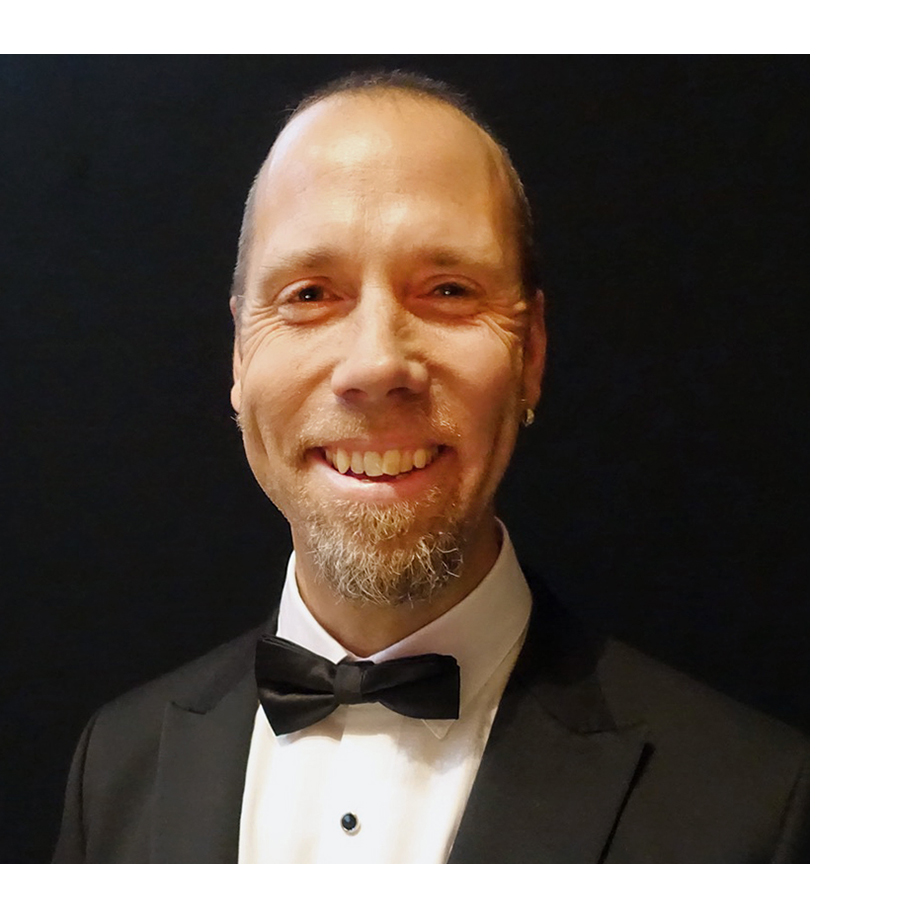 Hans Larsson, Associate Professor
Hans Larsson, Associate Professor
Office: W3/18 | Email: hans.ce.larsson [at] mcgill.ca
Vertebrate palaeontology and developmental evolution. Palaeontological work focuses on terrestrial Mesozoic vertebrates in the Canadian arctic and explores signatures of ancient climate shifts in palaeo-faunas. Developmental evolution work addresses what developmental mechanisms (morphological and molecular) are responsible for changes in the evolution of vertebrate morphology.
Brian Leung, Associate Professor
Office: Stewart Biology, N6/13 | Email: brian.leung2 [at] mcgill.ca
Biological invasions, ecology of diseases, anthropogenic stressors. Addressing environmental issues through the synthesis of models (mathematical, computational, and statistical) with empirical data (literature, field or lab studies). Creating models for ecological forecasting, given uncertainty and sparse data. Developing decision theory, using risk analysis.
Virginie Millien, Associate Professor
Office: Stewart Biology N8/16 | Email: virginie.millien [at] mcgill.ca
My research focuses on the patterns of variation and evolution of biodiversity in a changing environment. I am particularly interested in the study of the effects of climate warming, habitat fragmentation, or isolation on small mammal diversity, and the consequences on the emergence of Lyme disease in southern Quebec.
Laura Pollock, Assistant Professor
Office: Stewart Biology, N7/4 | Email: laura.pollock [at] mcgill.ca
We study how and why biodiversity is distributed from local assemblages to global species pools. To do this, we use predictive modelling that draws from a range of subfields (macro-ecology, community ecology, biogeography and phylo-geography) and data (traits, phylogenies, experts). We also work to use this multi-dimensional biodiversity knowledge in conservation planning.
Neil Price, Professor
Office: Stewart Biology, N6/12 | Email: neil.price [at] mcgill.ca
Biological oceanography. Physiological ecology of nutrient acquisition in marine phytoplankton and bacteria. Trace element essentiality, toxicity and biogeochemical cycling. Resource limitation of plankton growth in natural waters.
Simon Reader, Professor
Office: Stewart Biology, W7/2 | Email: simon.reader [at] mcgill.ca
Animal behaviour, behavioural ecology and behavioural neuroscience: We study the mechanisms, development, and evolution of behaviour, with a focus on social cognition and learning. In particular, we study how diverse patterns of environmental variability shape reliance on different information sources, the neurocognitive mechanisms underlying social learning, and the evolutionary consequences of behavioural flexibility. Much of this work is with fish.
Anthony Ricciardi, Professor
Office: W7/1 | Email: tony.ricciardi [at] mcgill.ca
Our lab investigates the causes and consequences of biological invasion, focusing on freshwater ecosystems. We address fundamental questions such as why some species are highly successful invaders, what makes an ecosystem vulnerable to invasion, and how invasive species alter their environment. Our recent work explores the effects of climate change on the success and impact of introduced fishes.
Daniel Schoen, Professor
Office: Stewart Biology, N3/8A | Email: dan.schoen [at] mcgill.ca
We are interested in the evolutionary biology and population genetics of plants. Recent topics include the evolution and breakdown of self-compatibility systems, the evolution of inbreeding depression, the evolutionary consequences of somatic mutation, and the way in which relaxed natural selection influences the evolution of the reproductive systems.
Fiona Soper, Assistant Professor
Office: Stewart Biology, W7/18 | Email: fiona.soper [at] mcgill.ca
The interface between plant physiology and ecosystem nutrient cycling - what physiological and chemical traits and controls shape plant nutrient uptake? And how do these plant traits drive ecosystem processes such as soil nutrient availability, productivity and trace gas emissions?
Jennifer Sunday, Associate Professor
Office: Stewart Biology, N8/3 | Email: jennifer.sunday [at] mcgill.ca
We are interested in understanding how species distributions respond to environmental change, through direct effects, adaptive capacities, and biotic interactions. We use macroecology, natural experiments, and controlled experiments informed by theory to build a predictive understanding of how population and communities will respond further to climate change.

